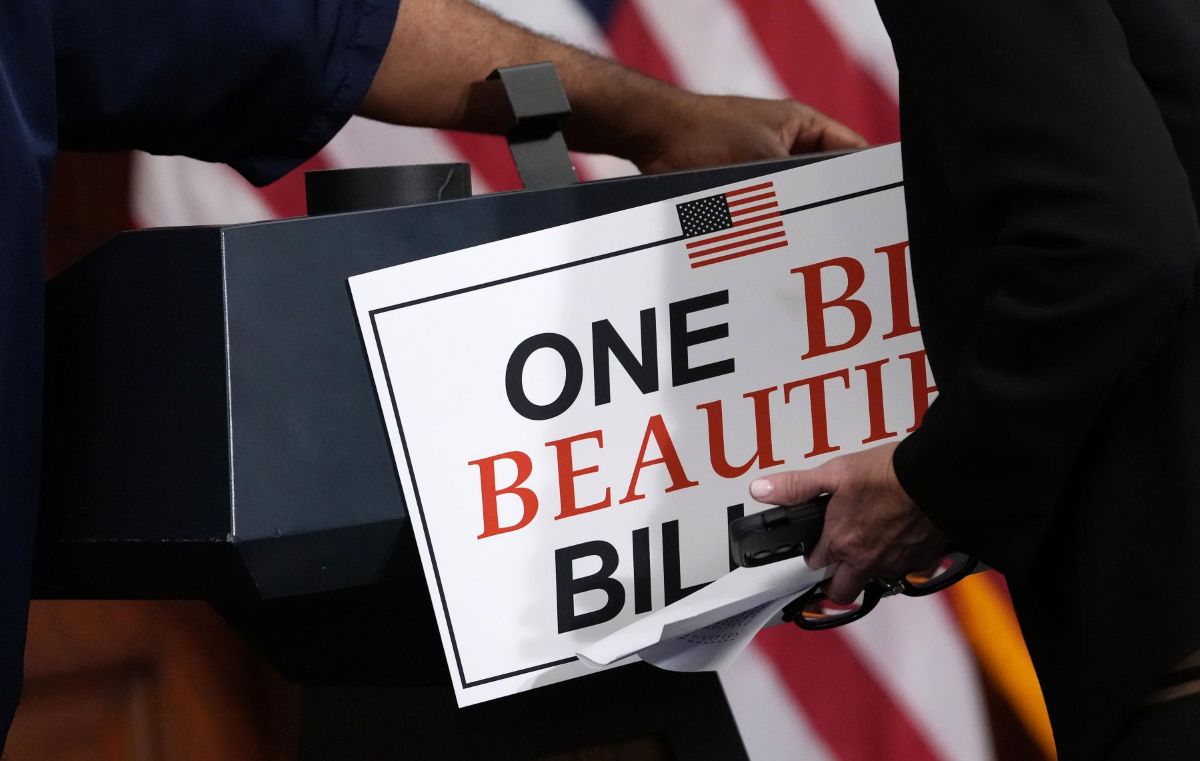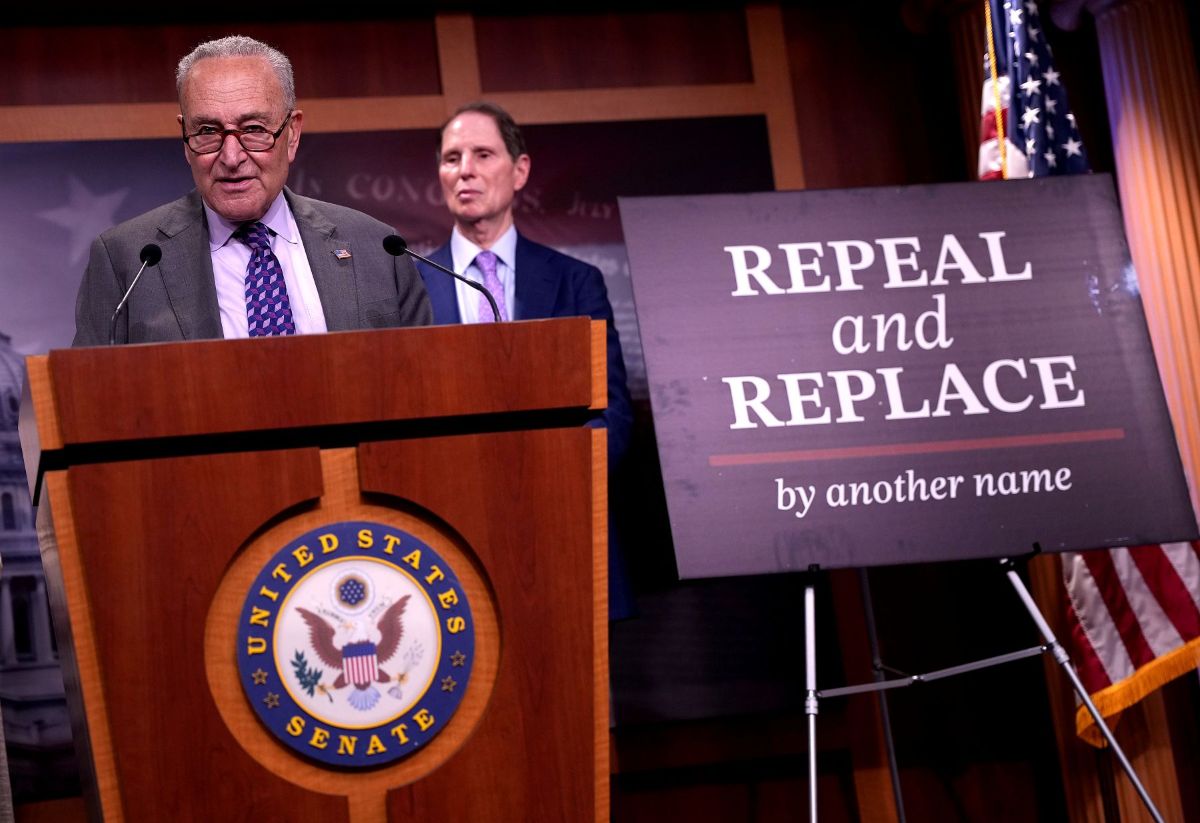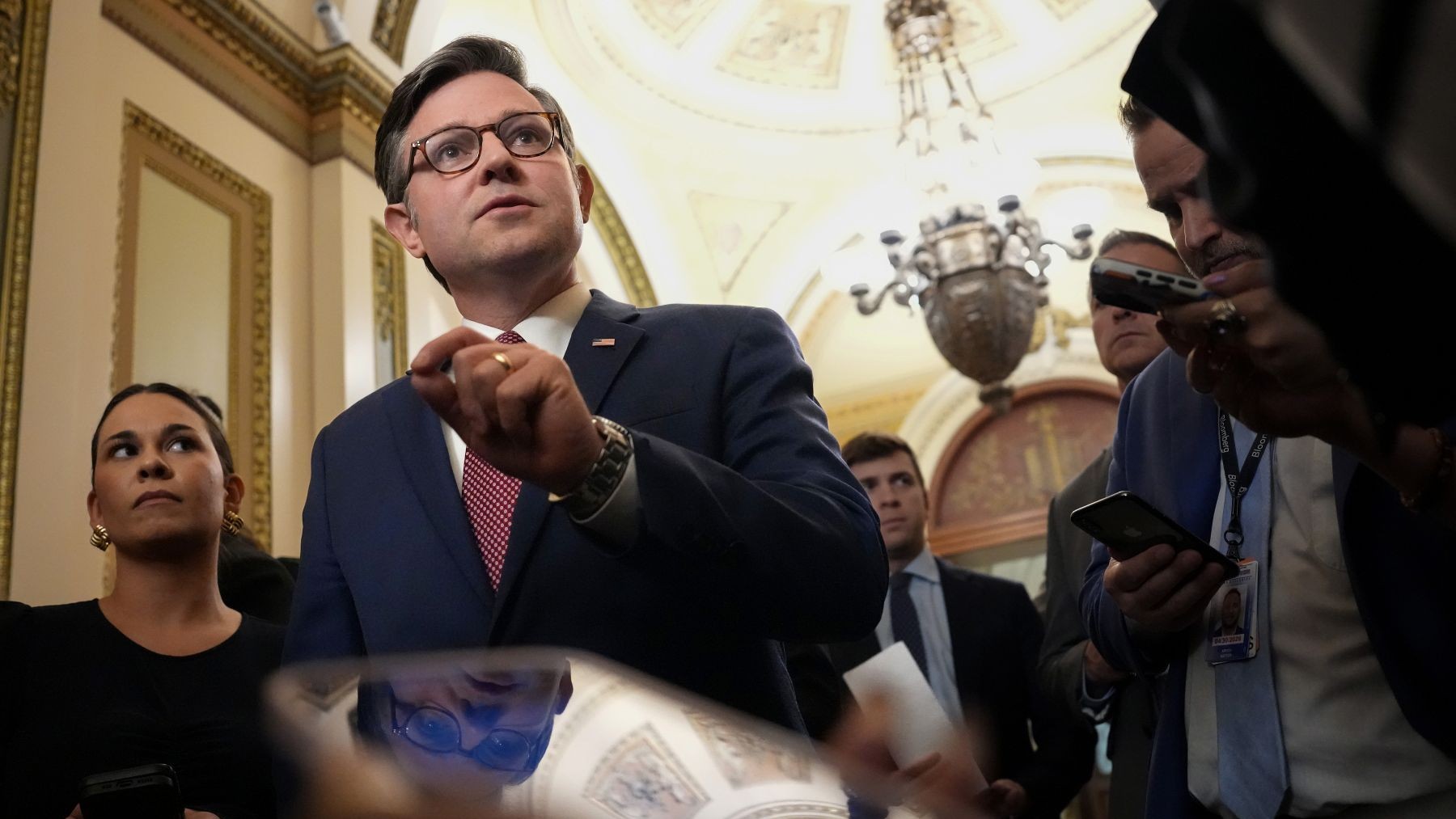President Trump signed the “One Big Beautiful Bill” into law. Make no mistake: It’s a wholesale disaster. This catastrophic legislation will lock in higher household energy bills, kill American jobs, and kick Americans off health coverage and food assistance.
With the stroke of their pen, Trump and Congressional Republicans have become jointly responsible for the loss of roughly 900,000 jobs and raising the average American’s electricity bills by $110-$400. In a time of intense heat and grid demand, they’ll also be reducing new energy capacity installed on the grid by at least 50 percent. All this—simply to line the pockets of billionaires, fossil fuel executives, and their top corporate backers with massive tax cuts.
We analyzed the final budget legislation, specifically looking at the provisions relating to energy and climate policies, to explain how these sweeping cuts will harm our pocketbooks, health, and planet.
What’s the Status of the So-Called "One Big Beautiful Bill"?
The GOP narrowly passed the so-called “One Big Beautiful Bill” in early July, and Trump signed the bill on July 4. Let’s take a closer look at how we got to this disastrous outcome.
In August 2022, Congress passed historic clean energy investments as part of the Inflation Reduction Act (IRA). These investments were strategically designed to make energy bills more affordable, revitalize American manufacturing, create millions of good jobs for working Americans, and cut pollution to tackle the escalating climate crisis. But from day one of the new Congress and the second Trump administration, Republican lawmakers in D.C. have unleashed a full-scale attack on these transformational investments. Even though the lion’s share of the benefits from these investments has been flowing to GOP districts.
The first part of the GOP’s plan culminated in May, when House Republicans passed their so-called “One Big Beautiful Bill.” This bill lumped together a series of devastating cuts to Medicaid and food assistance with an attempt to functionally repeal or completely eliminate critical programs like clean energy tax credits, advanced manufacturing tax credits, Environmental Justice Block Grants, and the Greenhouse Gas Reduction Fund (GGRF).
The GOP’s disastrous tax bill then moved to the Senate, where Republicans proposed further cuts to clean energy provisions, food assistance, and Medicaid. Next, the Senate Parliamentarian combed through the legislation to determine which provisions of the GOP’s megabill must be taken out of the package, a procedural prerequisite for passage of any ‘budget reconciliation’ bill. Among the provisions knocked out of the bill were the previously proposed repeal of the light-duty and medium-duty vehicle emissions standards and a former provision that would have allowed natural gas exporters to pay a fee to have dangerous liquefied natural gas (LNG) projects automatically deemed in the public interest. Still, the worst aspects of the bill survived. And following a “vote-o-rama process that obtained a narrow majority, the Senate passed the final bill. On July 4, President Trump signed the bill into law.
Let’s be clear: The GOP’s budget legislation is still a staggering affront to American communities who are already struggling with a cost-of-living crisis, working people who are trying to support their families, those living in sacrifice zones with polluted air and water, and anyone counting on a livable future on our planet.
Tax Title Analysis
The energy tax provisions cover the tax-writing and revenue-raising elements of the reconciliation package. The final legislation includes major cuts to the federal energy tax credits that are already delivering enormous benefits, particularly in Republican districts. This proposal will be disastrous for households across America, raising the average American’s electricity prices by 7-10 percent and their bills by an average of $110-$400 per year. The cuts to tax credits will kill energy and manufacturing jobs at a time of economic hardship for many families across the nation.
Summary of the Energy Tax Provisions
- The One Big Beautiful Bill Act (OBBBA) guts critical tax credits for clean energy, clean vehicles, home efficiency, and clean manufacturing. These changes will kill clean energy and manufacturing jobs, raise energy prices, and increase pollution.
- Tax credits for wind and solar will be rapidly phased out. These changes will make the grid less reliable by cutting back 50 percent of the new capacity that was expected to be added to it within the next decade.
- The law eliminates tax credits for new and used electric vehicles, commercial clean vehicles, and fueling infrastructure. This would stall the American-made EV industry, resulting in significant job losses across the auto industry.
- The law places devastating restrictions on manufacturing tax credits that support American businesses and supply chains, and which have brought billions of dollars in investments to the U.S.
- The law cuts tax credits that make homes and buildings more efficient and more affordable to operate. Eliminating these credits will not only take money out of the pockets of Americans who rely on these credits but also add more pressure to the electric grid.
1. Clean Energy Tax Credits (45Y and 48E)
Let’s start with one of the most powerful tools supporting the rapid deployment of new energy generation and a modern, reliable, and affordable electricity grid for American homes and businesses: the IRA’s clean electricity tax credits.
The Production Tax Credit (PTC) (45Y) is a technology-neutral tax credit that subsidizes the production of zero-emission energy sources like solar, wind, nuclear, hydropower, and geothermal. For every kilowatt hour (kWh) of clean energy generated, the producer gets a base credit of 2.6¢/kWh if they meet certain criteria. Similarly, the Investment Tax Credit (ITC) (48E) provides a credit of 30 percent (or more) of the investment into these same zero-emission energy generation technology projects, including energy storage.



